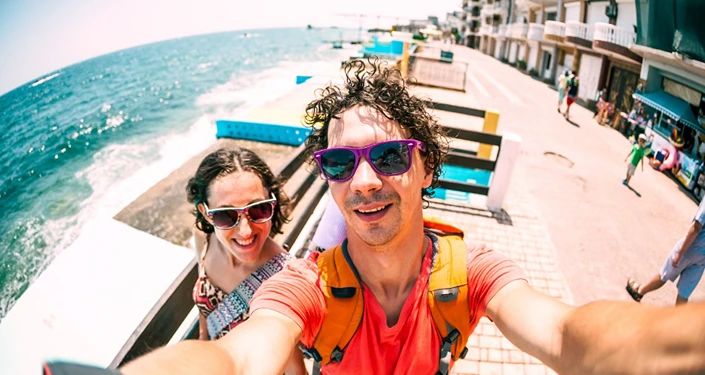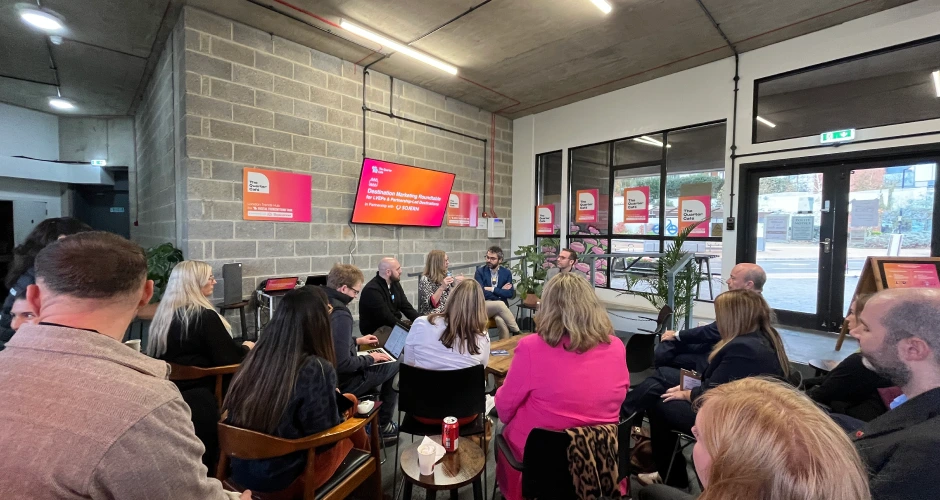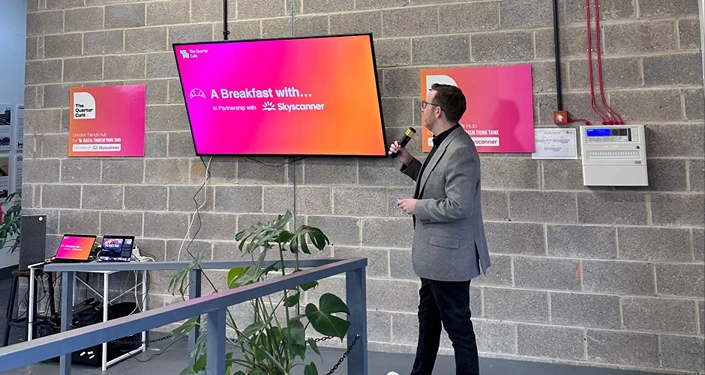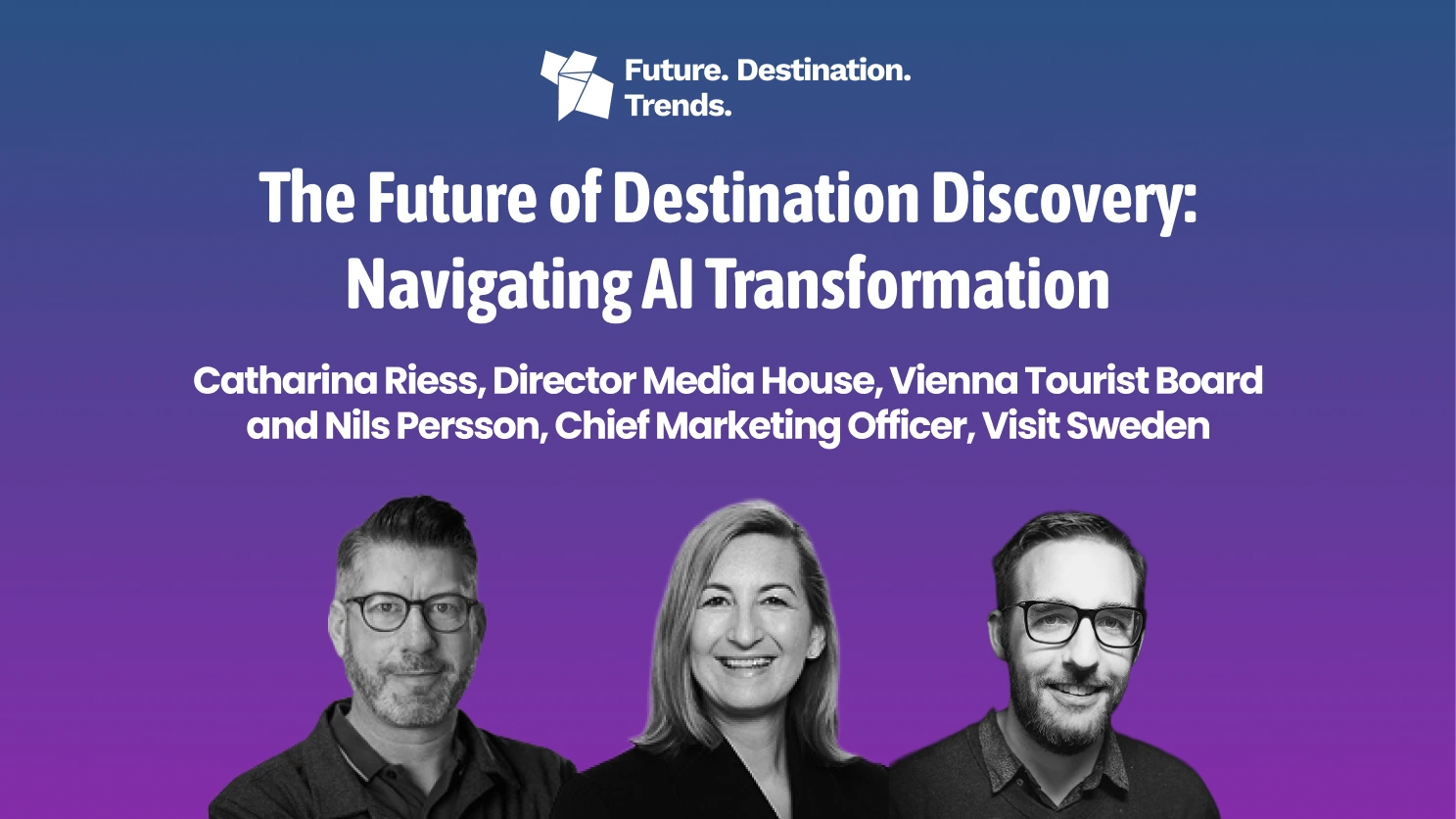This work for ACOA was designed to kick-start the conversation about what a sustainable recovery could look like and where digitalisation provides a catalytic driving force for growth and opportunities amongst tourism SMEs. More than 200 Government teams participated which is a sign of their level of engagement.
How can tourism businesses ramp-up their digitalisation efforts?
The extensive programme was divided into two sessions, which were conducted both in English and in French. The first session looked at ‘Exploring Digitalisation in Tourism’, during which we framed challenges from a business, industry and global perspectives, such as driving guest experiences, enhancing brand competitiveness, barriers and connectivity, value creation, seasonality, sustainability and more.
As an introductory session, we presented different best practices from a wide range of examples, exploring different approaches and models from a range of tourism, government and enterprise agencies like real-time data gathering with sensors, optimising visitor experience with innovation, and building the digital infrastructure for product distribution and tourism analytics.
As a result, the participants highlighted what they would like to start working with technologies, like blockchain, IoT and CRM, to overcome the challenges previously identified - accessibility (air access and supporting infrastructures), and lack of resources (mainly capital), among others.
In the second session, we looked at ‘Digitalisation Needs, Approaches and Frameworks’. Based on the examples and ideas shared by participants in the first session, the second focused on different strategic and tactical approaches.
We also worked on the 12-Stage Transformation Framework, a DTTT model to work on the key needs through a design-led approach. We also explored "The Journey Towards Digitalisation" which addresses the process from traditional operators to a connected destination mindset.
We examined what models would respond best to the needs and priority areas of SMEs in Eastern Canada. We worked on ideation to explore innovative responses to the Covid pandemic with digitalisation, making the most of geo-location services for tourism and predicting post-pandemic trends.
The extensive two-day programme helped everyone understand how destinations can drive the digital transformation of the sector by collaboratively working with businesses and staying competitive, even after the pandemic.
This project with ACAO and the Government of Canada provided local businesses with the tools necessary to leverage their digitalisation efforts. We believe this was a huge push for the local industry to embrace technology as an ally in their development process to face current challenges. The design thinking approach was definitely key in having stakeholders take the same direction.






.svg)




%20(1).webp)











.webp)
